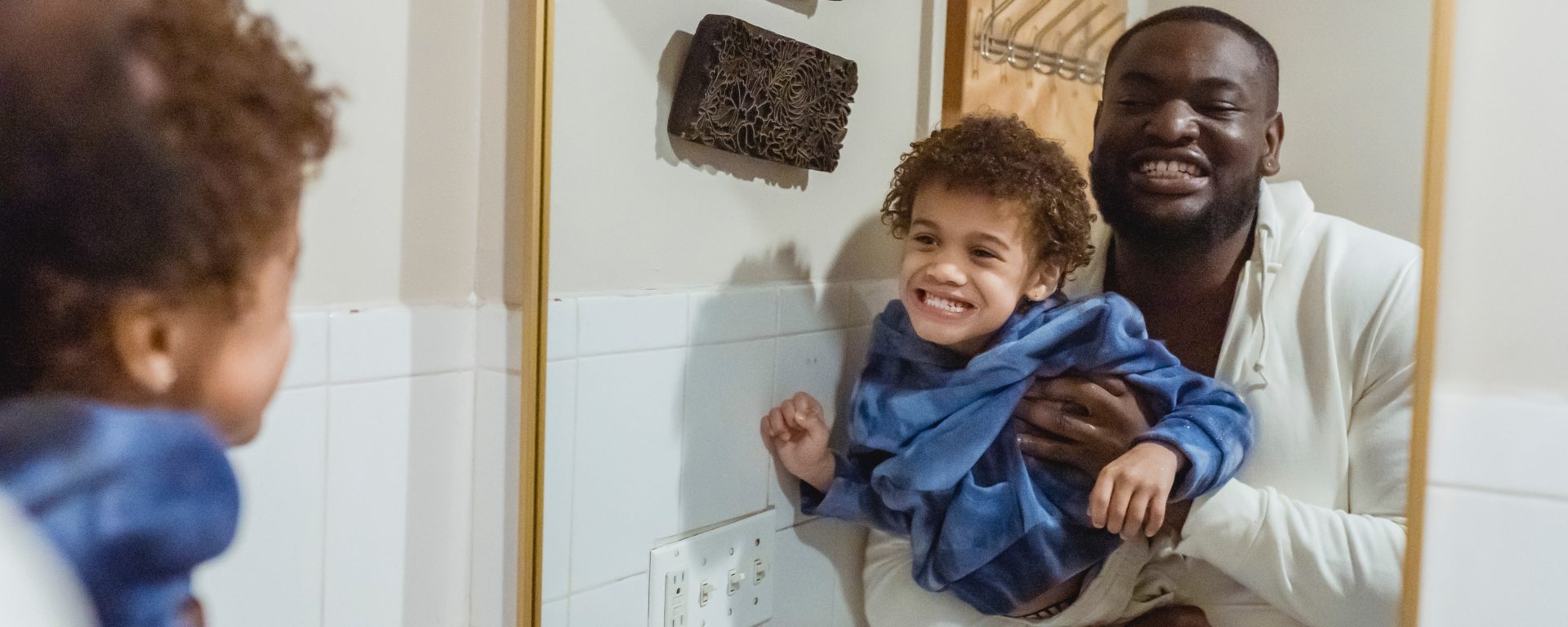Cerebral palsy (CP) is a neurodevelopmental disorder that affects motor function and is often associated with spasticity, which can result in pain and reduced quality of life. OnabotulinumtoxinA, commonly known as Botox, has been used as a treatment for spasticity in CP. This article reports on a phase 3, multinational, randomized, double-blind, placebo-controlled trial that evaluated the safety and efficacy of onabotulinumtoxinA for lower limb spasticity treatment in children with CP.
The study enrolled 381 children with CP and ankle spasticity. The participants were randomized to receive standardized physical therapy and onabotulinumtoxinA (4 or 8 U/kg) or placebo. The primary endpoint was the average change from baseline at weeks 4 and 6 in the Modified Ashworth Scale-Bohannon (MAS) ankle score. The secondary endpoints included the Modified Tardieu Scale (MTS) and Global Attainment Scale (GAS).
The results showed that both onabotulinumtoxinA doses (8 U/kg and 4 U/kg) were effective in reducing MAS ankle scores compared to placebo. Significant improvements in average dynamic component of spasticity, measured by MTS, and in function, measured by GAS, were observed at several time points with both onabotulinumtoxinA doses versus placebo. Adverse events were mostly mild or moderate.
The findings suggest that onabotulinumtoxinA is a safe and effective treatment option for lower limb spasticity in children with CP. The study also highlights the importance of standardized physical therapy in conjunction with onabotulinumtoxinA treatment.
In conclusion, the study provides evidence for the efficacy of onabotulinumtoxinA in reducing spasticity and improving functional outcomes in children with CP. Further research may be needed to determine the long-term effects of onabotulinumtoxinA treatment and its impact on the quality of life in this population.
Reference: Dimitrova R, Kim H, Meilahn J, Chambers HG, Racette BA, Bonikowski M, Park ES, McCusker E, Liu C, Brin MF. Efficacy and safety of onabotulinumtoxinA with standardized physiotherapy for the treatment of pediatric lower limb spasticity: A randomized, placebo-controlled, phase III clinical trial. NeuroRehabilitation. 2022;50(1):33-46. doi: 10.3233/NRE-210070. PMID: 34957954; PMCID: PMC8925123.
